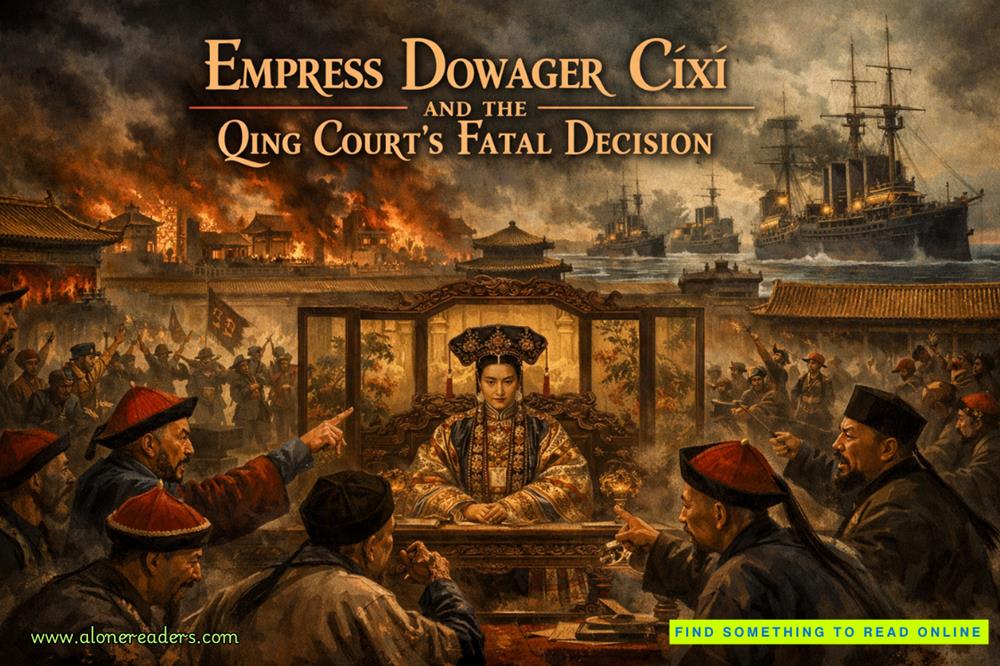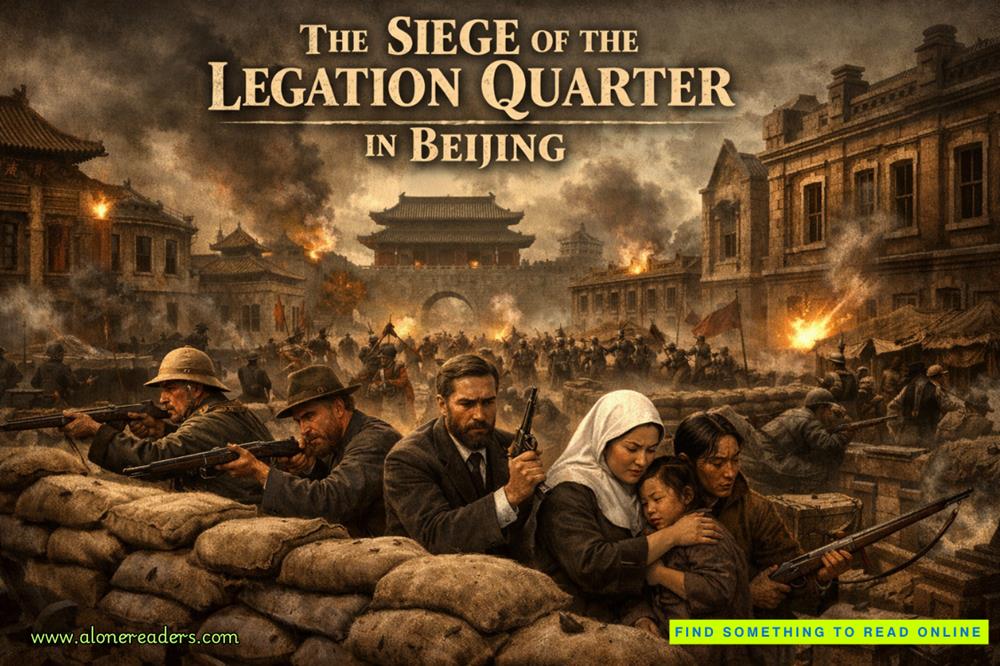Barrington leaned in, squinting at the cake like a general surveying a failed campaign. “The cherries look suspect.”
“Those are raspberries, my lord,” the baker said.
“Precisely.” Barrington smiled at him.
The baker, clearly offended, threw up his hands. “Perhaps His Lordship’s palate is simply unsuited for the finer things.”
Barrington exhaled. “If the finer things taste like disappointment, then perhaps. I believe we’ve had quite enough cake for one morning. Please have it taken away.
Kenworth gave a short bow. “I shall inform Mrs. Bainbridge that your affections have been temporarily compromised by cake.” He added, with the faintest hint of amusement, “She also wrote, ‘Tell Barrington he must select a cake by Monday, or I shall elope with the lemon tart.’”
“Well, that’s a tart ultimatum.” Barrington tried not to laugh.
“Come, Barrington,” Quinton said. “You certainly don’t want to sour her plans.”
There was a ripple of restrained amusement among the footmen. Even the housemaid allowed the corners of her mouth to twitch as she swept the powdered sugar into her tin.
Kenworth gave a single approving nod as if pleased to see Quinton engaging in the room’s absurdity.
Barrington glanced between them, resigned. “Excellent. I shall become the subject of household comedy. Again.”
As the staff left the room, Quinton lingered with his hands in his pockets, staring at the last unfortunate remnants of cakescattered across plates and trays. The laughter had settled, but its warmth still echoed.
How long had it been since he’d been part of something so… ordinary? Not standing at attention. Not calculating the number of rations left in a camp. Not scanning for threats.
Just men arguing over sponge cake. He watched how one of the footmen silently slid the tray away without a word, how the maid swept sugar into neat spirals instead of rushing. It wasn’t just an order. It was affection built into the routine. These weren’t the hurried, fearful movements of servants he’d seen in other households. Here, everything moved with ease and affection. It felt like family. It’s strange how much you can learn from the way people handle crumbs.
His fingers curled slightly. The strangest things made a man feel human again. And the strangest things made him remember how much of himself had been missing.
As the room emptied, Kenworth lingered, gathering the utensils with brisk efficiency. He paused only once beside Quinton, his voice low. “It’s good to have the house noisy again.”
Quinton met his eyes, surprised by the comment. For a man who had grown used to being a shadow in other people’s periphery, the quiet acknowledgment settled deeper than expected.
“Even if it comes with cake casualties,” Kenworth added.
Quinton’s lips curved. “I can agree with you.”
“You’re smiling,” Barrington noted.
“Am I?” That only made him smile more.
“Like a man who remembers what normal feels like.” Barrington ran his finger through the dusted sugar on the table.
Quinton’s smile eased, though not completely. “It’s strange,” he said quietly. “The things that make you feel human again. Even bad cake and worse puns.”
He glanced around the room, taking in the remnants of the absurd spectacle, the lopsided cake slices, the footman still licking a finger behind the curtain, the smell of lavender sponge lingering like perfume. For the first time in years, he wasn’t surrounded by shadows or silence. It was a household filled with ordinary trials and affection beneath the surface. It didn’t feel like a battlefield. It felt like something worth returning to.
He remembered one night in Portugal, eating scorched oats from a blackened pot beside a man who didn’t live to see morning. That had been normal once. Boots soaked, smoke in the air, laughter cutting through fear. This was different. This was warmth without warning, peace that didn’t need explanation. It was foreign, and it was welcome.
Barrington wiped the sugar from his hand on a linen, crossed the room, and poured two short glasses of brandy. “You know,” he said, “you used to tell the worst jokes in camp. Men groaned louder than they did at musket fire.”
“Some things haven’t changed.” Quinton tried not to smile.
Barrington’s smile was faint. “But some things have. I’m glad you’re back, Quinton. You were always meant to return.” As he moved, Kenworth stepped back in silently and placed a small, sealed envelope on the mantel. Quinton barely had to glance at it to recognize the crest, an old contact of Edward Oakdene’s, Barrington’s older brother.
“Have you reached out to Mary-Ann?”
Quinton turned at Barrington’s question and nodded slowly. “After I heard about Hamish, I sent her a note through Kenworth. I asked him to tell her I was available if she needed anything.”















